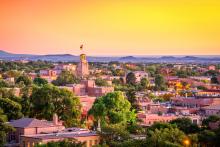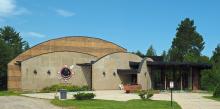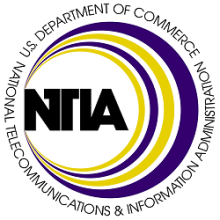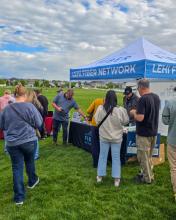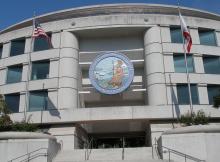
First Electric Cooperative – and its broadband subsidiary Connect2First – are making major inroads on their quest to deliver affordable fiber Internet service to long-neglected portions of Arkansas.
Buoyed by an historic stretch of federal funding, the cooperative says it’s on target to deliver up to 2.5 gigabit per second service to 72,000 locations by the end of 2024.
Connect2First officials say they’ve deployed 4,371 miles of fiber across 18 counties in the southeastern part of the state, just outside of the state capital in Little Rock, delivering speeds significantly higher than seen in more urban, populous areas. The resulting service is also a notable step up in speed from regional monopolies like AT&T and Optimum, which see little market incentive to upgrade lagging networks or compete on price.
Connect2First residential customers have the choice of three tiers of service: a symmetrical 200 megabit per second (Mbps) connection for $60 a month; a symmetrical 700 Mbps connection for $60 a month; or a symmetrical gigabit per second (Gbps) service tier for $100 a month. The company’s tiers feature no service caps, hidden fees, or long term contracts.

First Electric Cooperative, headquartered in Jacksonville, Arkansas, began in 1938 with just 3 employees and 150 members. Now with 94,000 electricity customers, it’s one of the largest cooperatives in the country, and the second biggest cooperative in the state of Arkansas.
Like many U.S. cooperatives, First Electric found broadband deployment a natural extension of its existing mission – and its 9,799 miles of distribution lines. As we’ve seen elsewhere in the U.S., a century of experience in rural electrification translates directly into efforts to deliver affordable fiber access to Americans long stuck on the wrong side of the digital divide.
Pushing Beyond The Co-op’s Traditional Electrical Footprint
Like many electrical cooperatives and utilities, new fiber deployment serves dual purposes: it connects long-neglected locals with affordable access, and it dramatically shores up the utility or cooperatives’ ability to manage and maintain existing electrical assets.
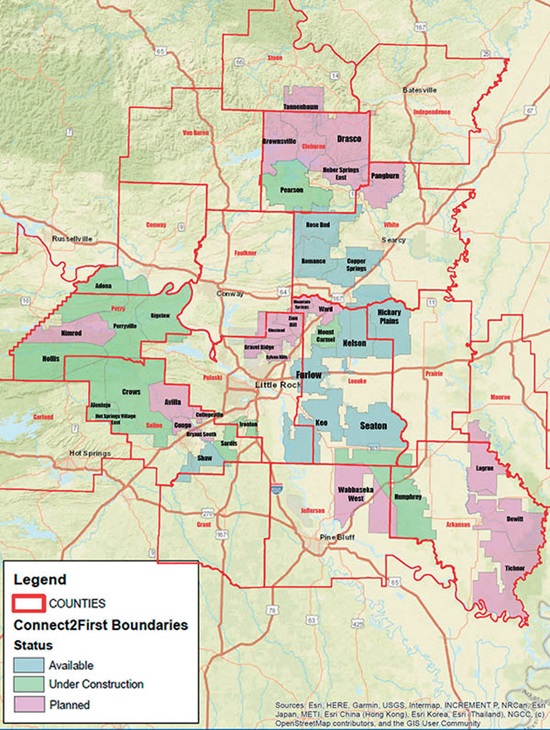
Connect2First Sales and Marketing Director Candace Looper recently told Fierce Telecom that the cooperative will soon have spent upwards of $250 million on fiber deployment across Arkansas. All told, the cooperative says it has deployed 4,371 miles of fiber, with roughly 600 miles of fiber deployment left in its existing deployment plan. In the summer of 2022, crews were deploying fiber in nearly a dozen communities (Crows, Perryville, Bigelow, Hot Springs Village East, Alentejo, Adona, Nimrod, Humphrey, Pearson and Mount Carmel).
“The need for Connect2First absolutely came about because our membership needed to have fiber,” Looper said. “We have a lot of places in the rural areas of Arkansas that have very little to no connectivity at this time.”
Like significant swaths of America, most Arkansas residents live under a local monopoly or duopoly for broadband access (83.3 percent of Americans live under a broadband monopoly, according to 2020 data). The resulting lack of competition results in high prices, spotty access, slow speeds, and some of the worst customer satisfaction ratings of any industry in America.
To help tackle the problem, Connect2First has also been busy expanding broadband access beyond the cooperative’s traditional electrical footprint. Back in August, the cooperative announced a partnership with the city of Cabot, which built a bond-funded local fiber network, then named Connected2First as the anchor ISP for the new offering.

"Cabot owns all of the lines in Cabot city limits and we have partnered with Connect 2 First to be the ISP provider of their service to all of our lines," Cabot Mayor Ken Kincade said of the partnership.
As with most states across the country, Arkansasans have grown tired of waiting for better service. As a result, cities like Clarksville have been at the forefront of building their own networks, inspiring countless other communities, like Cabot or Siloam Springs to follow suit.
An Historic Flood Of Federal Funding
Once the latest network Connect2Fiber expansion plan is finished by the end of this year, Connect2Fiber officials say they expect their fiber network to reach 72,000 locations. With a current 40 to 60% take rate, the cooperative expects to have around 30,000 active broadband subscribers in short order.
The effort has been helped immeasurably by a recent flood of broadband funding made possible by federal COVID relief and infrastructure legislation. It has also been greatly aided by the state’s 2021 decision to roll back many aspects of a state law – lobbied for by regional monopolies – that greatly hamstrung community broadband deployments.

Back in February, Arkansas state leaders announced $53.3 million in federal American Rescue Plan (ARPA) funds for eight broadband grant projects.
As part of that funding, Connect2First received a $10.9 million grant to fund the lion’s share of a $14.7 million fiber deployment in Lonoke County that will bring affordable fiber to 876 new county locations.
Connect2First has managed to accumulate other outside sources of funding for the effort as well, whether it’s the $17.8 million awarded the co-op by the FCC’s Rural Digital Opportunity Fund (RDOF), or the $15 million received courtesy of the Arkansas’ Rural Connect Grant Program.
Arkansas is also poised to receive more than $1 billion in BEAD (Broadband Equity Access and Deployment) funding, which state leaders say should help provide broadband access to an additional 215,000 homes and businesses scattered across the state.
“Broadband is no longer a luxury,” Arkansas Secretary of Commerce Hugh McDonald said in an announcement last June. “It is an absolute necessity for individual upward mobility as well as to develop strong and vibrant communities that will attract business and industry to the state.”
It’s worth noting that state leaders – including Arkansas Senators John Boozman and Tom Cotton – voted against the infrastructure bill and by proxy these subsidies – yet now can often be found taking credit for the benefits winding their way to states and local constituents.
Connect2First officials say they’ll be first in line to apply for BEAD funding as they attempt to finish the job and further expand affordable fiber access. They’re currently partnering with numerous Arkansas communities to identify coverage gaps to take better advantage of what’s broadly expected to be a once-in-a-lifetime funding opportunity.
Header image of CabotFest in Cabot AR courtesy of First Electric Cooperative website
Inline image of Connect2First fiber construction map First Electric Cooperative website
Inline image of Welcome to Cabot wall painting courtesy of Jimmy Emerson, Attribution-NonCommercial-NoDerivs 2.0 Generic
Inline image of Farmers Market in Jacksonville AR courtesy of Wikimedia Commons, Attribution-ShareAlike 4.0 International



